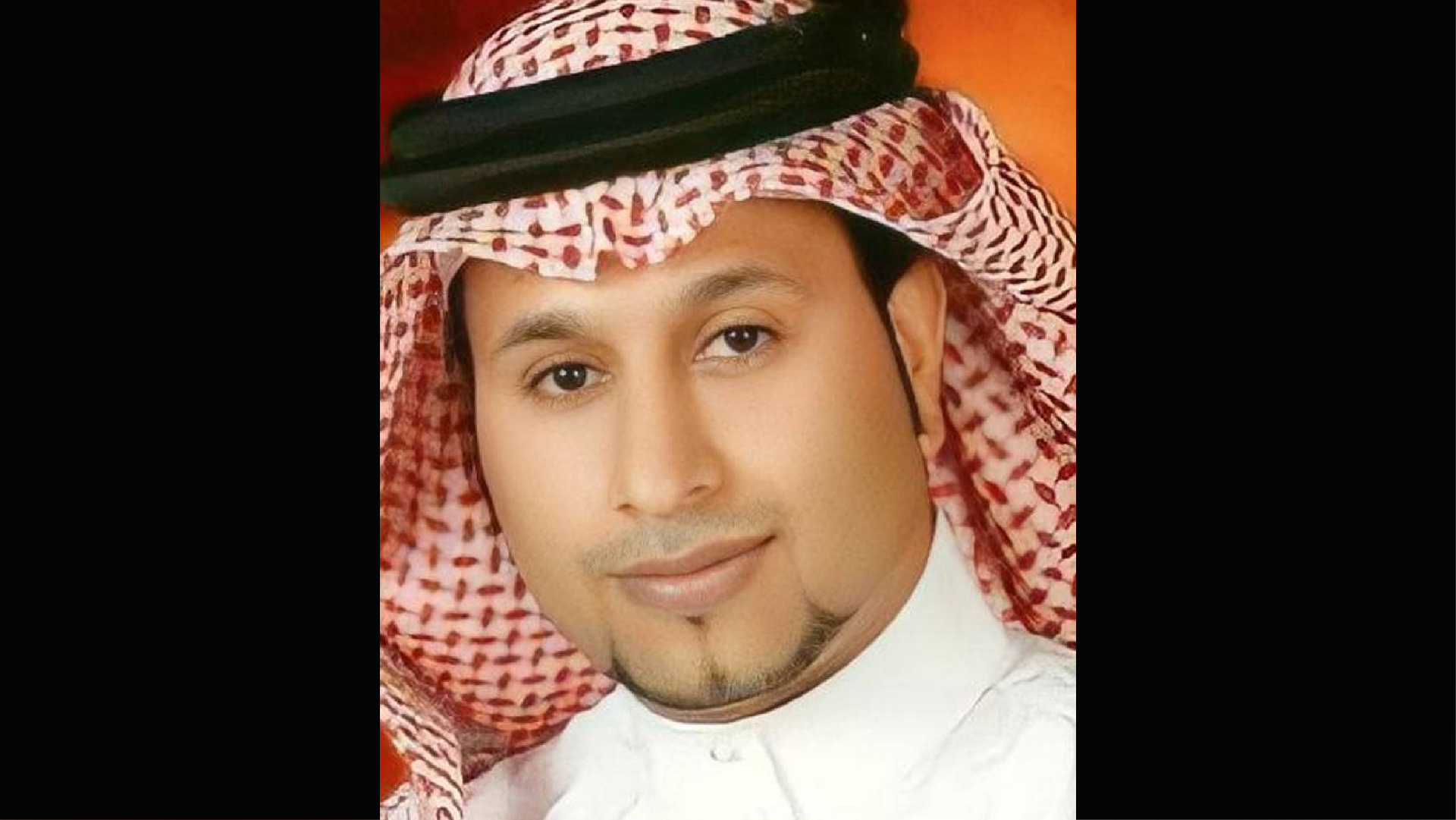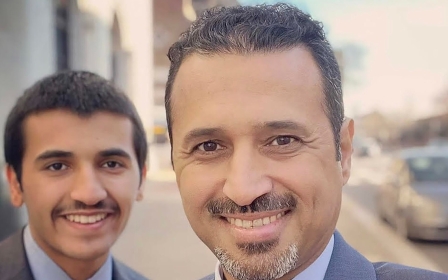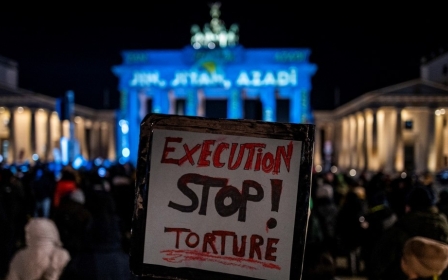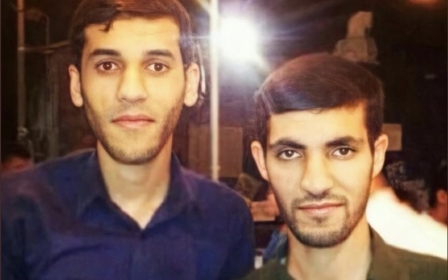Saudi Arabia: Qatif protester on hunger strike as chances to avoid execution run out

A Saudi Arabian man sentenced to death over his participation in anti-government protests in 2011 has launched a hunger strike after he was denied access to a public prosecutor, as his legal options to avoid execution run out, sources inside the kingdom told a rights group.
Saud al-Faraj, a 42-year-old businessman and father, was convicted in 2022 of participating in demonstrations in Qatif - a Shia-majority governorate in the east of the kingdom - as well as running a terrorist cell and killing police officers.
Faraj has long denied the charges, saying that his confession was a result of torture, which saw him moved via wheelchair in and out of the prison hospital between interrogation sessions, and held in solitary confinement for 21 months, among other allegations.
The Specialised Criminal Court of Appeal upheld his death sentence in January, and his case is now before the Supreme Court where Faraj faces his last chance to avoid execution through the court system.
In recent weeks, sources told the European Saudi Organization for Human Rights (ESOHR) that Faraj asked to meet with a public prosecutor to raise complaints of his ill treatment.
New MEE newsletter: Jerusalem Dispatch
Sign up to get the latest insights and analysis on Israel-Palestine, alongside Turkey Unpacked and other MEE newsletters
He also wanted to question why letters he sent to the Saudi Human Rights Commission and Crown Prince Mohammed bin Salman detailing his alleged abuse in prison have not received confirmation.
In response to his request, officers in the Dammam Prison, where he is held, beat him and placed him in solitary confinement, the sources told ESOHR. Faraj then launched his hunger strike, which has continued for the past 10 days.
Concerns over secrecy
On Monday, Faraj's family were contacted and told they could visit him, but when they arrived at the prison, they were barred from meeting with him, according to the same sources.
"They were told he was not obeying the rules," Duaa Dhainy, a researcher with ESOHR, told MEE. "That [Faraj] was talking [badly] about the king and the crown prince, as if [the guards] are saying he is punished, and [therefore Faraj's family] will not be allowed to see him."
Given the lack of transparency in the kingdom surrounding executions, ESOHR have been concerned for months that Faraj was at risk of imminent execution, a fear that has escalated as his case reached the Supreme Court.
'Many detainees are executed even before they [come to learn] that the Supreme Court has upheld their sentences'
- Duaa Dhainy, ESOHR
Dhainy said it was possible the court had already upheld his sentence in secret, and that he could be executed at any moment.
"Because of the lack of transparency, Saud [al-Faraj] may be killed at any moment. Many detainees are executed even before they [come to learn] that the Supreme Court has upheld their sentences. We are very worried about his life," she said.
Jeed Basyouni, who leads Reprieve's Middle East and North Africa Team, underlined just how opaque the situation is for death row inmates and their relatives in the kingdom.
"Saudi Arabia often tries, convicts, sentences and executes people in secret. This means the first families hear about the killing of their loved ones is in a bland state agency press release, reported in the media," Basyouni told MEE.
"Supreme Court decisions in capital cases are also sometimes announced after the fact."
Basyouni said she was "extremely concerned" that, like Faraj, Abdullah al-Howaiti, Youssef al-Manasif and Abdullah al-Derazi, who were children at the time of their arrests and remain on death row despite a Saudi royal decree abolishing the death penalty for children in 2020, could also be at imminent risk of execution.
The rate of execution in Saudi Arabia has almost doubled since King Salman bin Abdulaziz and his son, Mohammed bin Salman, came to power in 2015, according to a report by ESOHR and Reprieve released earlier this year.
The Saudi Ministry of Foreign Affairs did not immediately respond to a request for comment.
Middle East Eye delivers independent and unrivalled coverage and analysis of the Middle East, North Africa and beyond. To learn more about republishing this content and the associated fees, please fill out this form. More about MEE can be found here.




